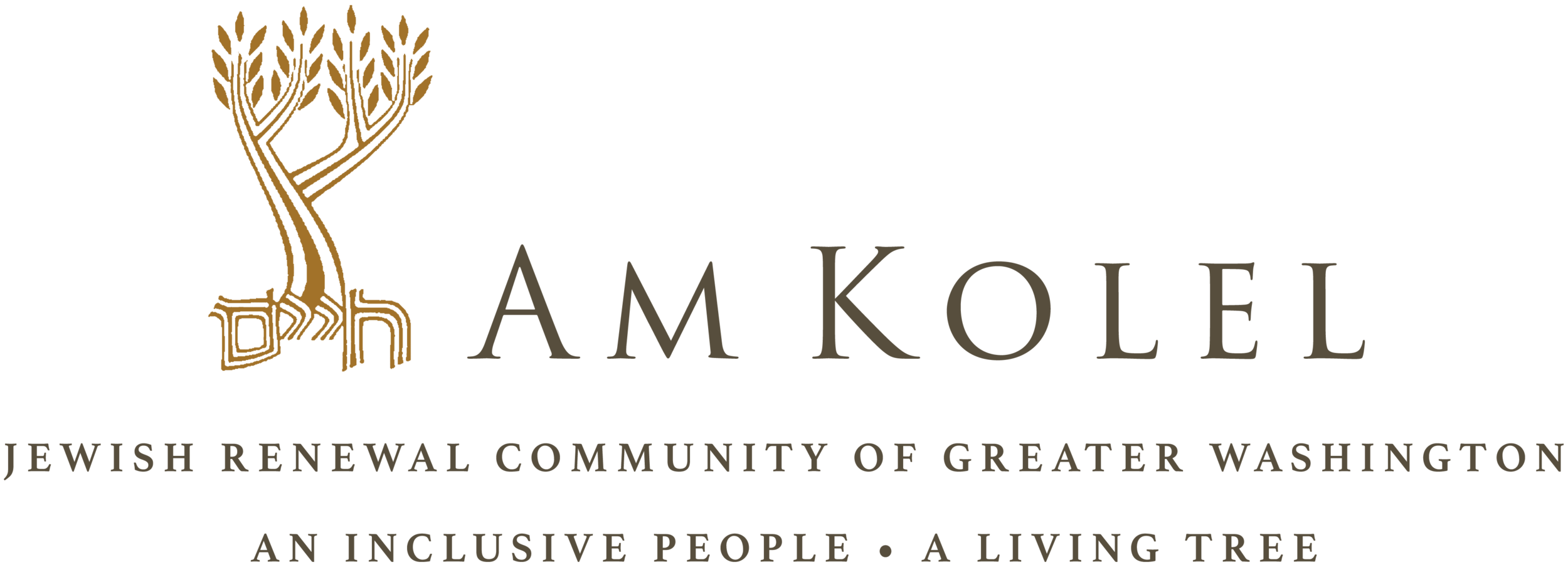Bilaam is a desert prophet, a monotheist, trying his best to minister to the nations.
Bilaam is a desert prophet, a monotheist, trying his best to minister to the nations. However, when Balak, king of Moab, felt threatened by the Israelites passing through his country on the way to Canaan, he bribes Bilaam to curse them. Bilaam saddles his donkey and sets out on the mission, but experiences, in a strange, the wrongness of his mission. Can a prophet of God bend to political pressure?
His donkey veers off the path. After striking the donkey, maybe he is the ass, the donkey speaks to him, questioning his motives. When Bilaam reaches the Israelite encampment, from on top of a high place, he sees the Israelites and utters the famous phrase “Ma Tovu Ohalecha Yakov u-Mishk’notekha Yisrael,” “How good are your tents Jacob and your dwelling places Yisrael.” It has been seen throughout time as a blessing and not a curse. This verse, offered by a non Israelite is in our daily prayer book!
But the phrasing has always intrigued me. The Torah has no punctuation marks, no exclamation marks, and no question marks. “Ma Tovu” can also be felt as “How good…?" The Hebrew word “Ma” also translates as “What…?”. “How good are your tents Jacob and your dwelling place, Israel?” Could it be that, from the distance of the high place where Bilaam is standing he is asking this existential question of this new nation?
Is it not a question that we must ask ourselves today, about our own tents, our own country, other countries?
The phrase, and the so called praise, calls us to rise up to higher places.
May we and our dwelling places be a blessing,
Reb David
